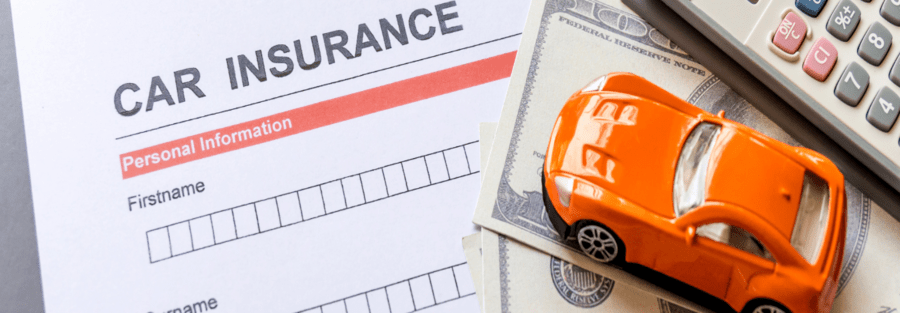
People trust DgNote





3000+
Valuable Customers250k+
Policies Issued100%
Customer SatisfactionCar Insurance: Securing Your Journeys on the Road
- 1
step 1 Details
- 2
step 2 Proposal
- 3
step 3 Buy
Introduction to Car Insurance
.webp)
Why is Car Insurance Important?

Financial Protection
Car accidents can result in significant financial losses, including repair
costs, medical expenses, and legal liabilities. A car insurance policy protects
against these unforeseen expenses, helping you avoid financial hardships.
Read more
.png)
Peace of Mind
Knowing that you are protected by a comprehensive car insurance policy
gives you peace of mind while driving. It allows you to focus on the road
without worrying about the potential financial implications of accidents or
damages.
Read more
.png)
Legal Compliance
In most jurisdictions, having car insurance is a legal requirement. Driving
without proper insurance coverage can result in penalties, license suspension,
or even legal consequences. A car insurance policy ensures you meet the legal
obligations of owning and operating a vehicle.
Read more
.png)
Protection against Third-Party Claims
Accidents can cause damage to other vehicles or property, leading to
third-party claims and legal actions. A car insurance policy covers the costs
of such claims, protecting you from potential lawsuits and financial
liabilities.
Read more
.png)
Coverage for Own Vehicle
Comprehensive car insurance policies provide coverage for damages to your
own vehicle, regardless of fault. This ensures that you can repair or replace
your car in case of accidents, theft, or other covered events, reducing your
out-of-pocket expenses
Read more

24/7 Assistance and Support
Read more
Key Features of Car Insurance Policy

Deductibles
A deductible is the amount you agree to pay out of pocket before the
insurance coverage kicks in. Higher deductibles often result in lower premium
costs, while lower deductibles provide greater coverage at a higher premium
Read more
.png)
Coverage Limits
Read more

Add-On Coverage
Insurers offer additional coverage options that you can add to your
policy for enhanced protection. These may include coverage for roadside
assistance, rental cars, and personal belongings in the vehicle.
Read more
.png)
No-Claim Bonus
Many car insurance policies offer a no-claim bonus as a reward for not
making any claims during the policy period. This bonus can lead to premium
discounts or other benefits
Read more
Types of Car Insurance Policies

Third-Party Liability Insurance
This is the basic and mandatory form of car insurance required by law in
most countries. It provides coverage for any damage or injury caused to a third
party, including their vehicle or property, in the event of an accident where
you are at fault.
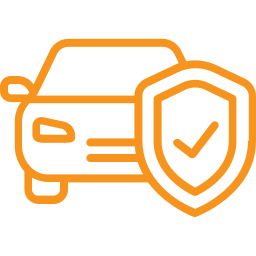
Comprehensive Car Insurance
Comprehensive insurance offers a wider range of coverage and is highly
recommended for individuals who want maximum protection for their vehicles. It
not only covers third-party liabilities but also provides coverage for damages
to your own car caused by accidents, theft, fire, natural disasters, and other
unforeseen events.
Explore our other services
-
 Health Insurance
Health Insurance
-
 Two Wheeler Insurance
Two Wheeler Insurance
-
 Travel Insurance
Travel Insurance
-
 Cyber Insurance
Cyber Insurance
-
 Pet Dog Insurance
Pet Dog Insurance
-
 Marine
insurance
Marine
insurance
-
 Warehouse
insurance
Warehouse
insurance
-
 Commercial
Vehicle
insurance
Commercial
Vehicle
insurance
Retail Insurance
Commercial Insurance
Types of Plans under Car Insurance Policy
Basic Plan
This plan offers essential coverage for third-party liabilities as required by law. It provides financial protection against any damages or injuries caused to others due to your fault.
Standard Plan
The standard plan expands coverage to include damages to your vehicle caused by accidents, theft, fire, and natural disasters. It provides comprehensive protection for your car while ensuring compliance with legal requirements.
Enhanced Plan
This plan offers higher coverage limits and additional benefits, such as coverage for personal belongings in the car and roadside assistance services. It provides a more comprehensive and customized level of protection.
Car Insurance – Risks Inclusions and Exclusions
Accidents and collisions
Theft and vandalism
Fire and explosions
Natural disasters (e.g., earthquakes, floods)
Personal injury and medical expenses
Third-party liability
Risks Excluded (examples may vary):
Intentional acts or illegal activities
Wear and tear or mechanical breakdowns
Damage caused by unapproved modifications
Racing or participating in high-risk activities
Driving under the influence of alcohol or drugs
You can learn more from our asked questions
Car insurance is a type of insurance coverage
that provides financial protection against damage, theft, and accidents
involving your vehicle. It also offers liability coverage for injuries or
damage caused to others.
Car insurance is required by law in most places
to protect you financially in case of an accident. It covers repair costs,
medical expenses, and potential legal liabilities.
Car insurance typically covers damage to your
vehicle caused by accidents, theft, vandalism, natural disasters, and other
specified incidents. It also provides liability coverage for bodily injury and
property damage to others.
Liability coverage pays for injuries or property damage you cause to others
in an accident It includes bodily injury liability (medical expenses, lost
wages, and legal fees) and property damage liability.
Comprehensive coverage protects against
non-collision events such as theft, vandalism, fire, hail, or natural
disasters. It covers the cost of repairing or replacing your vehicle.
Collision coverage pays for repairs or
replacement if your vehicle is damaged in a collision with another vehicle or
object, regardless of fault.
Factors affecting car insurance premiums include your driving
record, age, location, type of vehicle, coverage limits, deductible amount, and
credit history.
Yes, car insurance policies can be customized
to suit your needs. You can choose different coverage levels, add optional
coverages, or adjust deductibles to align with your preferences and budget.
A deductible is an amount you agree to pay out
of pocket towards repairs or claims before your insurance coverage kicks in.
Choosing a higher deductible may lower your premium but increases your upfront
costs in case of a claim.
Yes, you can add other licensed
drivers to your car insurance policy, such as family members or employees who
regularly use your vehicle. However, their driving records may impact the
premium.
Car insurance policies may provide coverage for
rental cars, but it depends on the specific policy and coverage options. Some
policies may offer limited coverage, while others require additional
endorsements or rental car insurance.
If you lend your car to someone and they have
permission to use it, your car insurance generally provides primary coverage in
case of an accident. However, it's essential to check your policy terms and
conditions.
After an accident, you should prioritize the
safety of all involved parties. Exchange information with other drivers,
document the scene, and contact your insurance company to report the incident
and initiate the claims process.
Yes, you can typically cancel your car
insurance policy. However, there may be cancellation fees or penalties
depending on the terms and conditions outlined in the policy. It's important to
review the cancellation policy with your insurance provider.
It's recommended to review your car insurance
policy annually or when significant changes in your driving habits, vehicle, or
personal circumstances occur.
Latest News & Blogs
Connect With Us & Get It Resolved



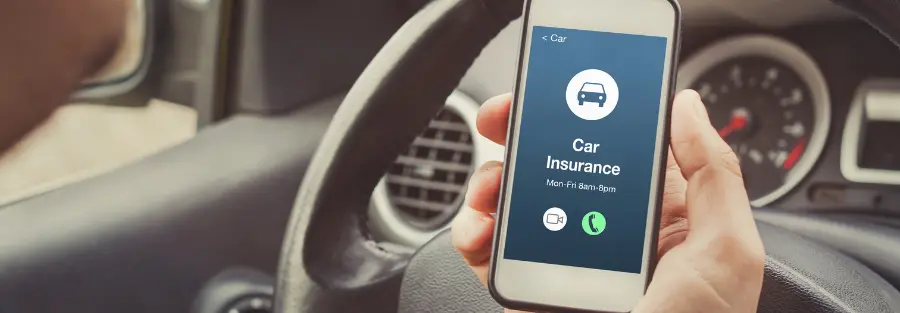



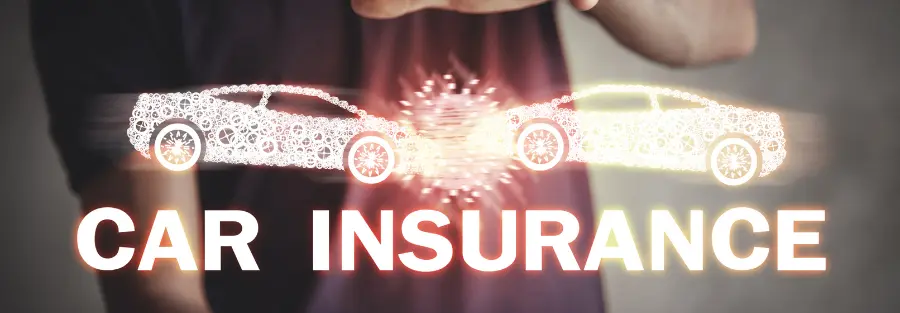
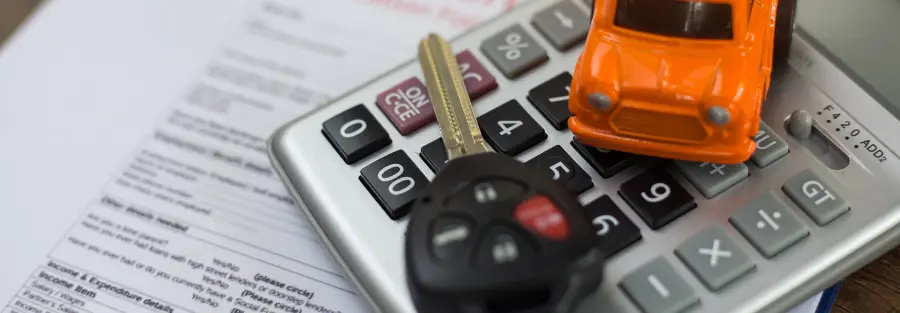
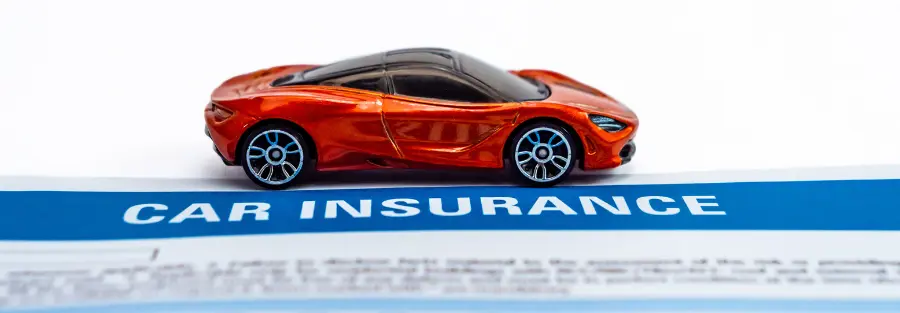
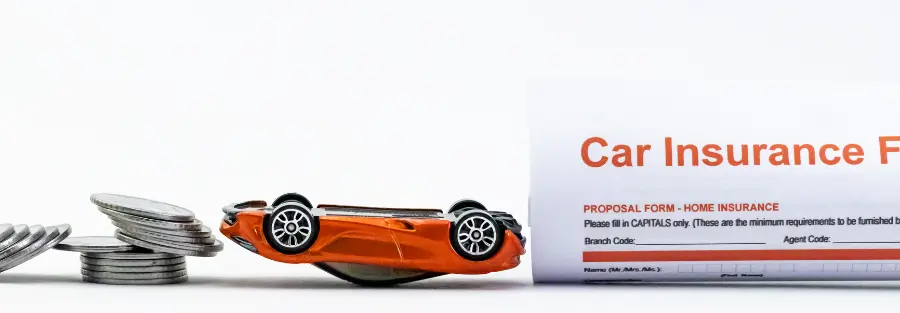

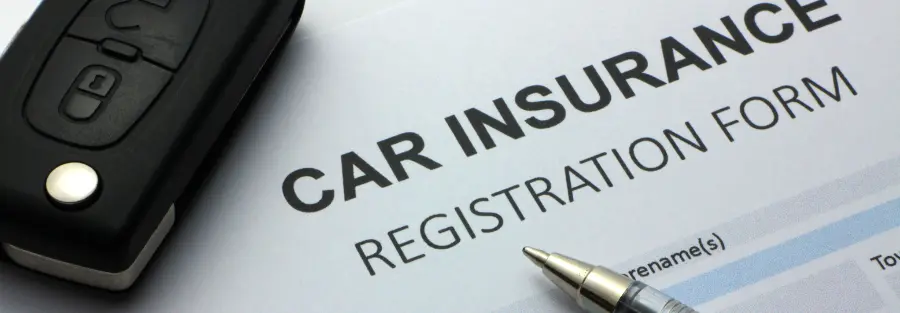





.webp)

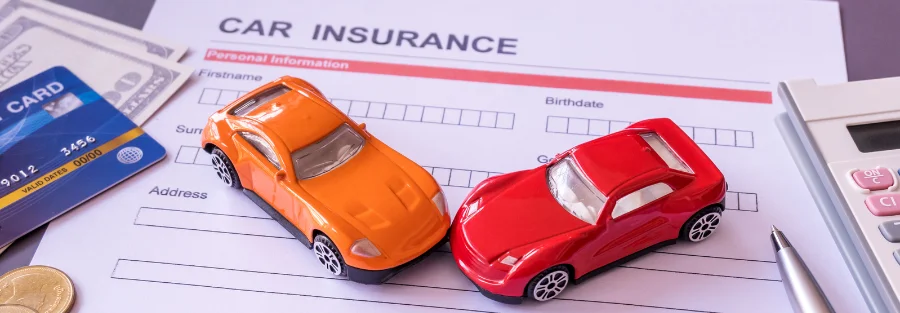
 Explained Maximizing Your Savings on Car Insurance.webp)

